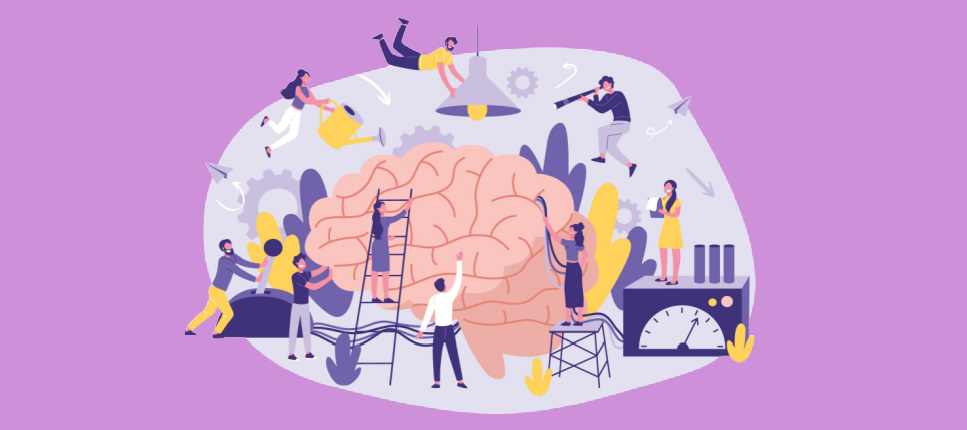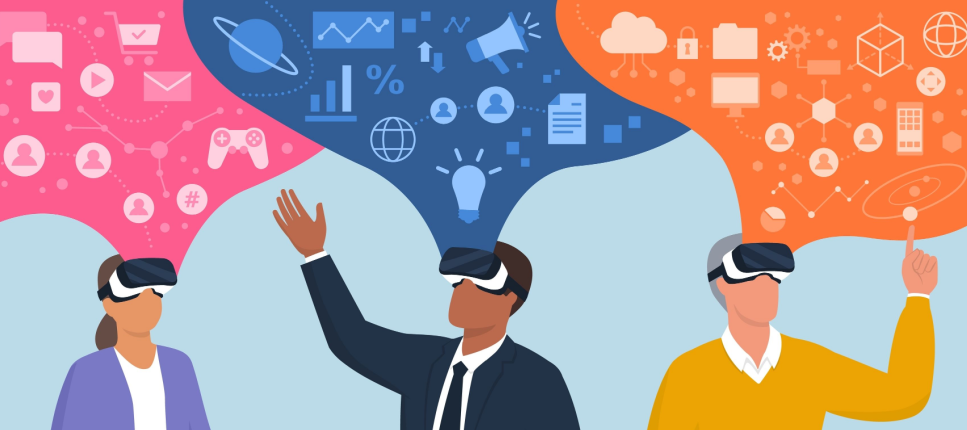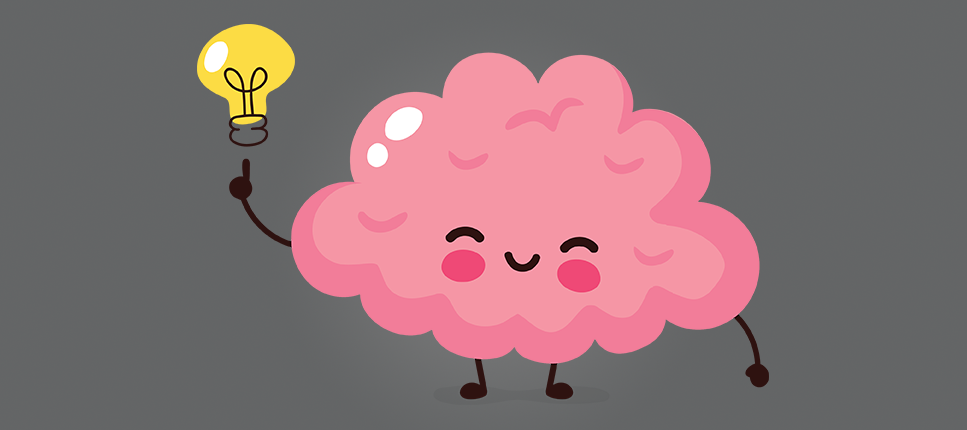In a world where the boundaries of knowledge are constantly expanding, staying ahead of the curve is not just an option, it’s a necessity.
Delve into the fascinating intersection of educational technologies, workplace transformation, upskilling, reskilling, neuroscience, artificial intelligence, virtual reality, and the vast universe of learning.
3 tips for self-regulated learning
Among the most interesting concepts that address the notion of autonomy in learning, self-regulated learning is a rich concept that focuses on the dynamic process by which the learner, guided by goals, plans, observes and evaluates their learning. In a previous article, we presented the main keys to understanding this concept and its field of study. Here are three tips from Professor Laurent Cosnefroy's literature review to help you transition from theory to practice!
[VIDEO] Universal Design for Learning
The primary goal of any educator is to get every learner to achieve their maximum academic potential. And any learning environment should aim to be inclusive for all learners, maximize their chances of success, and reduce inequities in their learning journeys. To ensure that these goals are incorporated into curriculum design, guidelines have been issued under the term of Universal Design for Learning, also known as UDL.
Self-regulated learning: a framework for adult learner autonomy
There is a growing interest in the importance of autonomy in learning, including for adults. This topic seems more relevant than ever, given the increasing importance of elearning, which may require learners to be more independent than face-to-face courses. One of the most interesting and encompassing concepts on the subject is that of self-regulated learning, which dynamically integrates the fundamental aspects of the act of learning, such as cognition, motivation, metacognition and volition.
Education – Artificial Intelligence and 2023 trends
A new year is starting to unravel itself. With it, the usual listicles of trends and prognoses about the future of different aspects of our lives are beginning to be abundant. With a focus on education, and instead of going down the usual path of what 2023 could have in store for us, I decided to focus on one aspect that started to make its presence felt and which, most likely, will continue to impact the way we learn and teach. However, there's a catch to my limitation to one subject article – bear with me.
4 aspects of the brain revealed by neuroimaging
Functional Magnetic Resonance Imaging (fMRI) or neuroimaging is a technology that allows live and safe visualization of brain structure and activity. Its advent in the 1990s has led to significant advances in our knowledge of the brain, confirming or refuting certain hypotheses while opening up new avenues of research. Here are four aspects of the brain that neuroimaging has revealed to us so far.
The 3 Components of Metacognition
Metacognition can be summarized as the ability to reflect on one's cognitive processes, allowing us to identify our mistakes and successes, understand their origin, and adjust our goals. Developing metacognitive skills is one of the best ways to improve the quality of learning.
Virtual reality for pain management
Virtual Reality (VR) is a fascinating technology that allows the user to be transported into a synthetic world they perceive as real and in which they can move and interact. The impressive potential of VR goes far beyond entertainment. As it evolves rapidly and becomes more accessible, it will stand out as a highly prized technology of the future in many fields, including medicine. It has its place as a simulation training tool and as a safe and effective therapeutic device to treat or complement the treatment of various types of health problems, including pain management. Here is where we stand in terms of applications and what we know about the effectiveness of VR for acute and chronic pain and pain anxiety.
[VIDEO] Decoding the brain
The brain never ceases to amaze us, this organ that allows us to be aware of ourselves and of others, to speak, to think, to juggle with symbols, to create, to learn. It is our central computer that gives us our human character, this powerful machine that no artificial intelligence can yet surpass. Here are a few figures that will help you understand this.
[INFOGRAPHIC] The 4 Expressions of the Feeling of Presence in VR
In the immersive experience that virtual reality (VR) allows, "presence" can be defined as the authentic feeling of being in a world other than the one in which one is physically located. Even if some researchers propose nuanced versions of the notions of immersion and presence in VR, many tend to describe the first as the objective dimension of the experience, the one induced by the technological tools, and the second as its subjective dimension, the one constructed by the user.
Academic Cheating: Test Your Knowledge!
Do you know how common academic cheating is? What makes a human being susceptible to cheating? Are the reasons for cheating the same from elementary school to university? What do you think are the main factors that encourage students to cheat? Finally, what are some effective ways to counteract this problem in our educational institutions? Test your knowledge by answering the following five questions.











